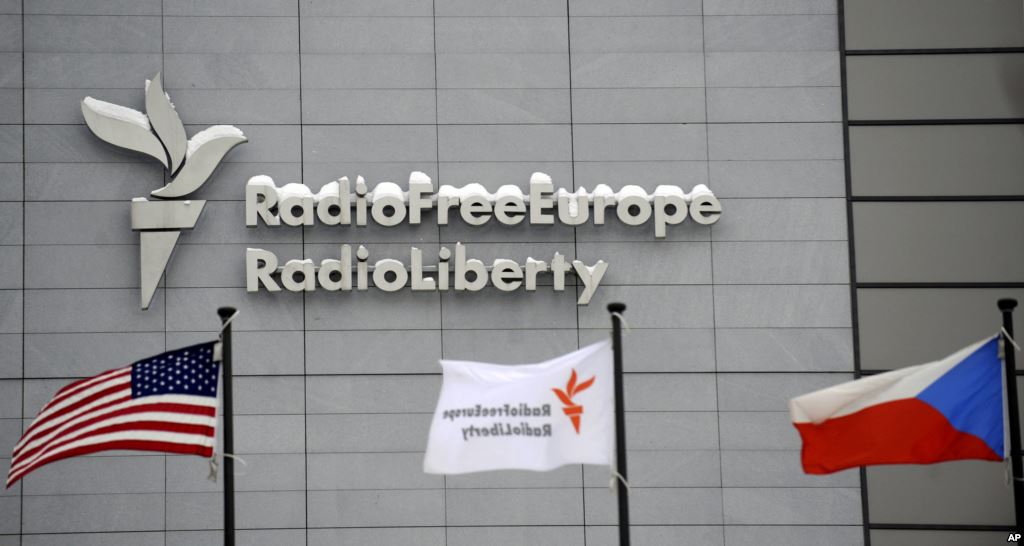 Radio Free Europe/Radio Liberty (RFE/RL) has opened new offices in Vilnius, Lithuania and Riga, Latvia to “counter disinformation and reach new audiences in Belarus and Russia”.
Radio Free Europe/Radio Liberty (RFE/RL) has opened new offices in Vilnius, Lithuania and Riga, Latvia to “counter disinformation and reach new audiences in Belarus and Russia”.
RFE/RL’s Riga office will become one of the company’s largest reporting hubs, with state-of-the-art facilities. According to RFE/RL, it will host journalists from Current Time – a 24/7 Russian-language news platform – and the Russian Service who were forced out of Russia in March 2022, as well as new staff hired in Latvia. The office will produce Russian-language content offerings, including investigative journalism and non-news programming for RFE/RL’s soon-to-be-launched streaming platform Votvot. Current Time’s popular morning show, which frequently trends number one on Russian YouTube, will be produced from Riga, along with the Russian Service’s signature YouTube news shows.
RFE/RL adds that in addition to meeting the demand for independent news within Russia, RFE/RL’s Riga office will produce Russian-language content for audiences in the Baltics, wider Europe, and beyond. A new daily news programme will cover the Baltic region, providing an important counterpoint to disinformation about the three EU members and the freedoms enjoyed by their citizens.
Furthermore, a Digital Innovation Lab in the Riga office will develop new reporting tools, storytelling formats, and distribution processes that are replicable at RFE/RL and within the broader media community. In partnership with the Open Technology Fund, the Digital Innovation Lab will examine new ways to respond to Russian censorship and disinformation across RFE/RL’s markets.
RFE/RL’s new Vilnius office will host journalists exiled from Belarus in the aftermath of Alyaksandr Lukashenka’s 2020 re-election. Current Time will create new video products from Vilnius for Russian-speaking audiences in Belarus as alternatives to Kremlin and other state propaganda. RFE/RL’s Minsk bureau was raided and sealed, and the Belarus Service’s websites were blocked in July 2021. In December 2021, RFE/RL was designated an “extremist organisation,” a label that criminalised both the reporting and consumption of RFE/RL content.
The new offices mark RFE/RL’s physical return to Riga and Vilnius, where the services maintained bureaus from 1992 to 2004.